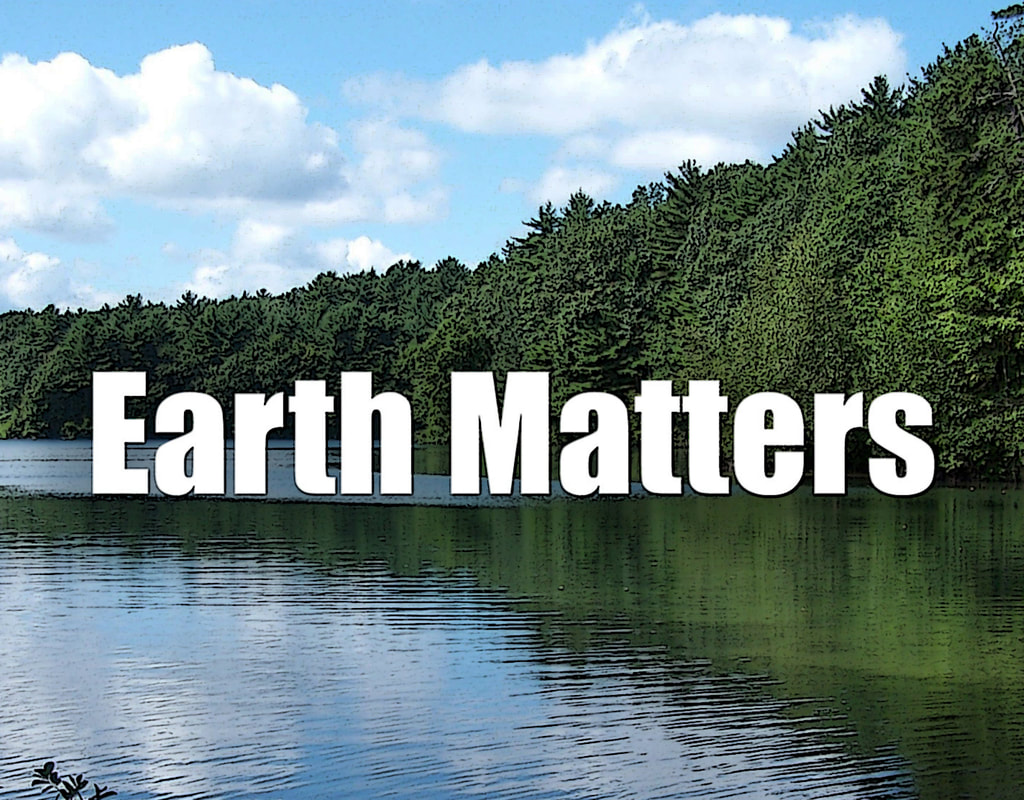|
The environment was often in the past been a unifying issue in politics. Many notable environmental laws have grown from bipartisan efforts. Disagreements still arose, especially on the details or the methods by which a goal would be met, yet compromise occurred. Lyndon Johnson and Richard Nixon came from the opposite ends of the political spectrum, Johnson a loyal Democrat and Nixon a staunch Republican. Both struggled near the end of their terms and left office as unpopular presidents. Despite those difficulties, their environmental achievements were notable.
This week marked the 50th anniversary of one of the most ambitious presidential speeches on the environment given to that point in time. Johnson gave a 4,000 word address to Congress entitled "Proposing Measures to Preserve America's Natural Heritage." The speech was wide ranging and began philosophically, with a quote from Albert Schweitzer: "Man has lost the capacity to foresee and to forestall. He will end by destroying the earth." Johnson continued, "The most affluent nation on earth may feel that it is immune from this indictment. A nation that offered its people - a century ago - uncharted forests, broad sparkling rivers, and prairies ripe for planting, may have expected that bounty to endure forever." Somewhat ahead of his time, Johnson recognized that environmental damage had a cost, not just to the planet but to the economy. "Economists estimate that this generation has already suffered losses from pollution that run into billions of dollars each year. But the ultimate cost of pollution is incalculable." He emphasized that better understanding was a key to addressing the problems and called for more research into pollution control technology and demonstration projects to explore related initiatives. Johnson asked for federal funding and enforcement actions for pollution problems detailed in the Water Pollution Control and Clean Air Acts passed earlier in his term. In the midst of some of the worst urban environmental struggles of our time, he also talked about efforts to improve air and water quality in the nation's largest cities. He stressed the importance of preserving historically significant buildings and sites long before many recognized the value of such measures. He also called for forest preservation, expansion of the National Park system and support of the Appalachian Trail. While Johnson led the way early on, the next generation of federal environmental laws were signed by Nixon. The Republican president signed the National Environmental Policy Act on New Year's Day 1970, stressing the importance of broad support for environmental protection, across the country and the political aisle. "This has to be done on a bipartisan basis and it also has to be on a bigger than Federal Government basis." Nixon would go onto to sign four other major environmental laws passed by the Democratic Congress – the Clean Air Act extension in 1970, the Marine Mammal Protection Act of 1972, the Endangered Species Act of 1973 and the Safe Drinking Water Act of 1974. In these days of divisive political rhetoric, such bipartisan consensus or compromise is uncommon. Here's to the hope that Johnson and Nixon's environmental successes might inspire today's decision makers to once again see the benefits of working together for the greater good. Lyndon Johnson's 1966 speech can be read at The American Presidency Project.
0 Comments
Your comment will be posted after it is approved.
Leave a Reply. |
Politics and Environment
The Facts as They Exist
Merchants of Doubt Claiming What Was Never Theirs A Less Partisan Environment Environmental Martyrs in Honduras Rearranging Deckchairs on the Titanic Africa's Environmental Refugees Ignoring Environmental Issues Earth Day Turns 50 Prine in Paradise Other Categories
|
|
All Original Material - Copyright © - All rights reserved. No part of this site may be used without written consent. Email John with questions.
Site Powered by Weebly. Managed by Brush Mountain Media LLC. |
© COPYRIGHT
2010-2023. |

